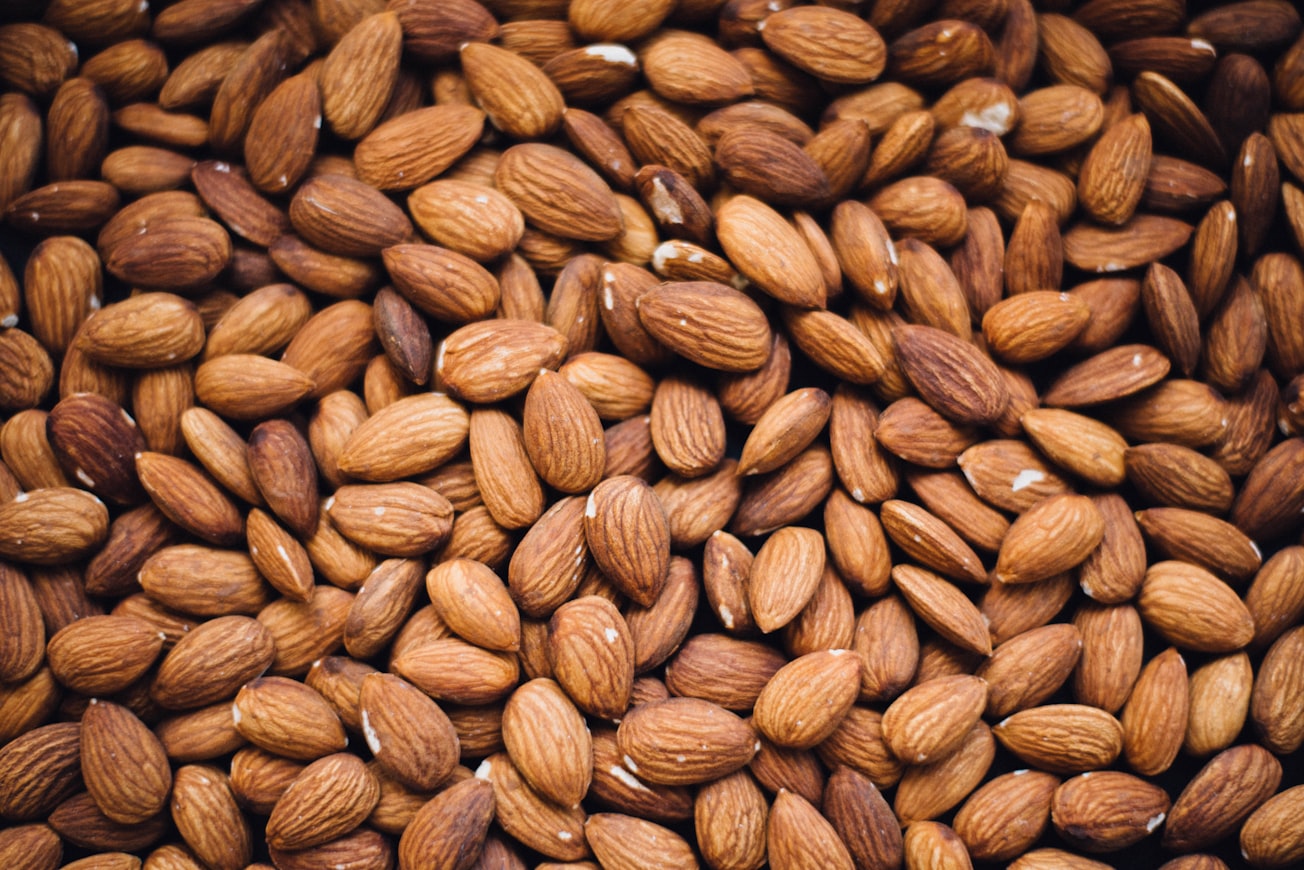What is it about?
We identify that the cystatin SN is protein found in saliva that binds to phytic acid.
Featured Image

Photo by chuttersnap on Unsplash
Why is it important?
To the best of our knowledge, we are the first to identify that cystatin SN binds to phytic acid. It is also possible the it is involve in a phenomenon observed where people adapt to phytic acid with repeated consumption, where consuming it does not have as negative of an impact on iron absorption.
Read the Original
This page is a summary of: Salivary cystatin SN binds to phytic acid in vitro and is a predictor of non-heme iron bioavailability with phytic acid supplementation in a proof of concept pilot study, Current Developments in Nutrition, April 2019, Oxford University Press (OUP),
DOI: 10.1093/cdn/nzz057.
You can read the full text:
Resources
Long-Term Dose-Response Condensed Tannin Supplementation Does Not Affect Iron Status or Bioavailability
Kudos page for similar study conducted focusing on tannins.
The Impact of Tannin Consumption on Iron Bioavailability and Status: A Narrative Review
Review on the impact of tannin consumption on iron absorption and concentrations found in the body.
Salivary proline-rich protein may reduce tannin-iron chelation: a systematic narrative review
Systematic literature review on tannins and salivary proline-rich proteins.
Contributors
The following have contributed to this page







